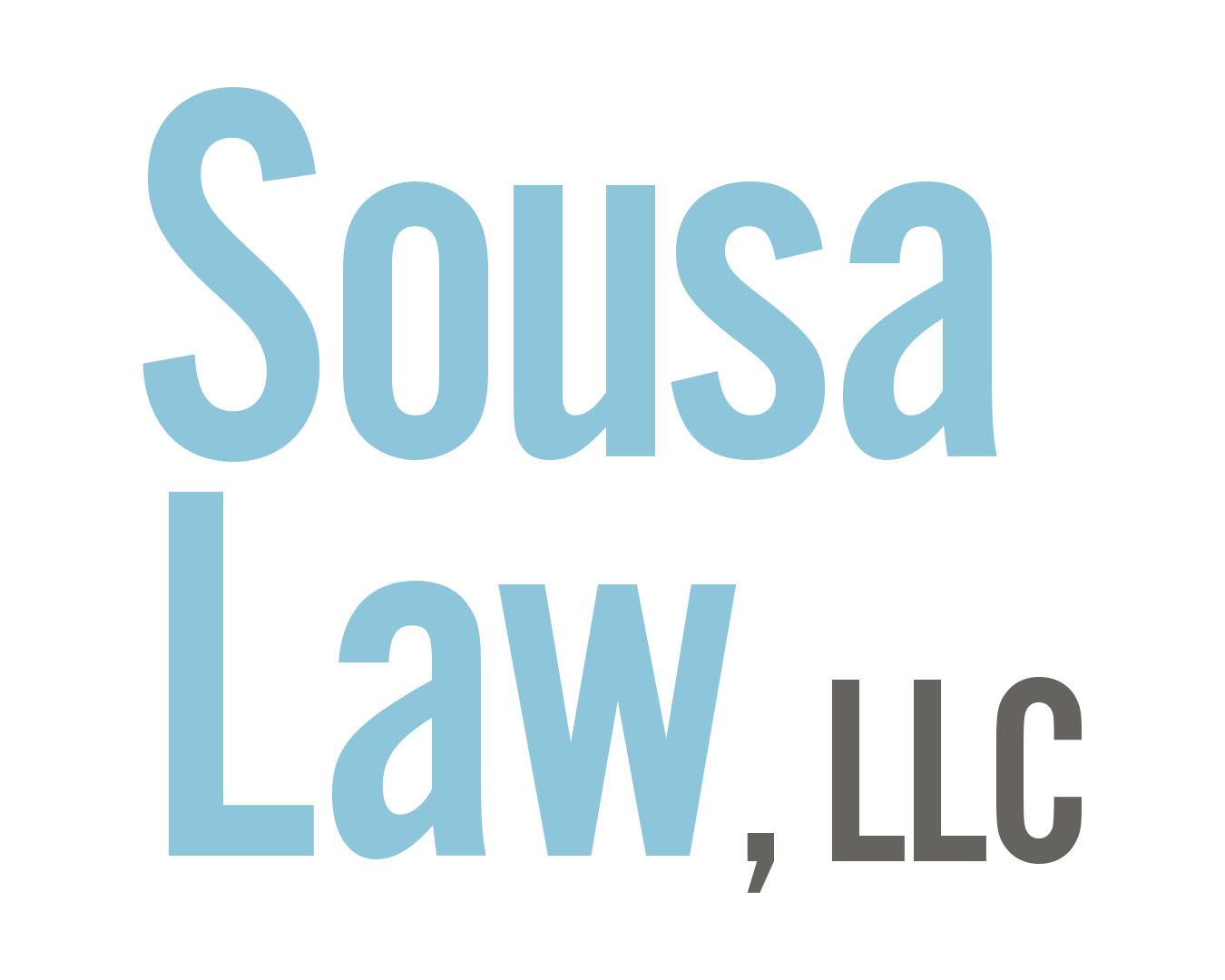Combatting Carpal Tunnel Syndrome: A Desk Worker's Guide by Sousa Law, LLC
Every occupation carries potential injury risks, and desk jobs are no exception. Many Connecticut employees might not consider the hazards of a desk-bound profession, but specific injuries, such as carpal tunnel syndrome (CTS), predominantly affect those in sedentary roles.
CTS is a progressive condition that deteriorates over time, primarily caused by repetitive hand and wrist actions. It typically affects the dominant hand, but in some instances, it can impact both. Professions with a high incidence of CTS involve significant amounts of:
Typing
Handwriting
Drawing
Mouse usage
Calculator operations
Telephone handling
This places desk workers, including receptionists, secretaries, artists, writers, and anyone extensively using a computer, at a heightened risk of developing CTS.
Preventing CTS involves proactive measures. Regular breaks to rest the wrists, along with flex exercises to strengthen and relax the muscles, are essential. For those already diagnosed with CTS, adhering to medical advice is critical to prevent exacerbating the condition. Continuing to work without proper healing can lead to further injury.
At Sousa Law, LLC, we understand the challenges desk workers face with CTS and other workplace-related injuries. We're dedicated to providing essential information on workers' compensation and supporting employees in securing the financial assistance they need for recovery.
If you're dealing with CTS or other work-related injuries, it's crucial to know your rights and the compensation available to you. Visit our website for more information on workers' compensation and how we can assist you in navigating these claims. Let Sousa Law, LLC be your advocate in ensuring your health and financial stability are protected.
